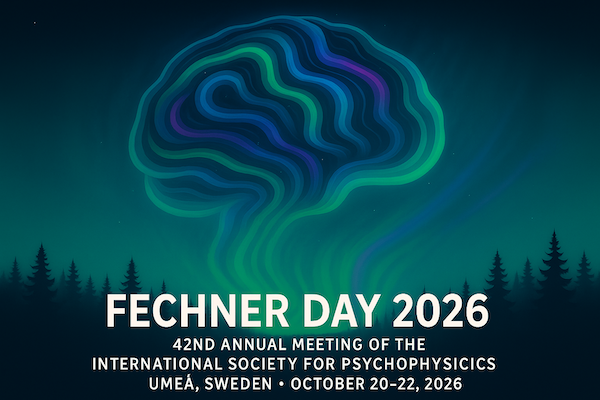As the oldest member (I conjecture), and least likely to be refused a hearing if only because of age, I tender the following suggestions to the ISP membership and its leadership for their deliberate consideration.
We are, in fact, slightly too small to constitute a viable source of publically recognized science. Our publications are large but their distribution is limited to redirecting our contributions to secondary publication, after our own commitment to the vitality of our work. The way to overcome this limit is twofold; 1) increase by a significant amount our yearly dues (nasty idea, just ask Mimi T) or take commercial advantage of an increase in membership by say a factor of three; from the current ± 300 to ± 1,000.
Are we justifiably proud of a scientific tradition over 160 years old; but we should not be too proud to invite new members, and so generate new fellows by personally inviting those we respect in their own disciplines to join us.
Ah! Disciplines; who are we? I say we are those who engage in a form of psychological science that renounces textbook categories of e.g., learning, perception, motivation, and the like, in support of a science that employs model building, experimentation, and the estimation of parametric values of the controlling variables of human nature. In this mode we are not alone in the exploration of mind. At least two other psychological disciplines use similar methods: Psychometrics, and Psychobiology.
A new construction; ISPPP, note the added P’s justify adding perhaps 300 members a year for the next 2 years that would bring us up to strength, and enable the full-time employment of a membership and meeting organization manager on a full time basis. She/he would be responsible for the three ISPPP discipline yearly publications, organization of meeting locations, negotiations for space and collaboration with local meeting groups.
I hear it now, “This will dilute our contributions and collaborations”…not so. The meetings would continue as they have, and we would expect all of the members to attend all of the presentations; in this way broadening our own exposure to topics intrinsically related to our own enterprises. After all the new members are drawn in by the existing membership, and I would suggest, the average IQ of ISPPP would not decrease. We already have members acquainted with or engaged in research of the sorts such new members would add. Remember we would be able disburse a yearly expenditure of ± $100,000.
Hi ho and away!
Regards,
![]()
Eugene Galanter.




Colleagues:
I’m all for increasing the membership of ISP and for inviting colleagues who might be doing related or relevant work to affiliate with ISP, and I applaud Gene for bringing these ideas to the attention of the membership of ISP. However, I’m not convinced that “adding more Ps” (or any other letters, for that matter) to the name of the society is the best way to accomplish the stated goals.
I might have an idiosyncratic view of this, but I think psychobiology is a part of psychophysics, especially when we think about Fechner’s idea of inner psychophysics. Similarly, I think psychometrics is a part of psychophysics, especially when we think about attempts by Thurstone, Stevens, Gescheider, and others to apply psychophysical scaling methods to nonsensory issues (e.g., seriousness of criminal offenses).
(Of course, I see studies of representational momentum as psychophysics, too [as it deals with connections between the physics of the world and the psychological representation of the world], and so perhaps my definition of psychophysics is broader than that of others.)
I am concerned that adding Ps could be seen as perhaps tacitly admitting that subdisciplines such as psychometry or psychobiology do not involve psychophysics per se, and in essence, this could be like putting up potential (and artificial) barriers between psychophysics and other subdisciplines. I would rather expand and emphasize the inclusiveness of what is considered as “psychophysics” than add more subdisciplines to the name of the society.
Along the lines of the latter, examination of the ISP website does not give any hint of the breadth of interests of our members (or of psychophysics more generally), and so perhaps adding sections on “notable research” or “what is psychophysics?” that highlight a broad range of topics in psychophysics (either historical or ongoing by our members) might be helpful. Similarly, we could stress the breadth of psychophysics to our colleagues who are not yet affiliated with ISP and who might not realize the psychophysical roots or dimensions of their scientific endeavors.
Respectfully,
Timothy L. Hubbard